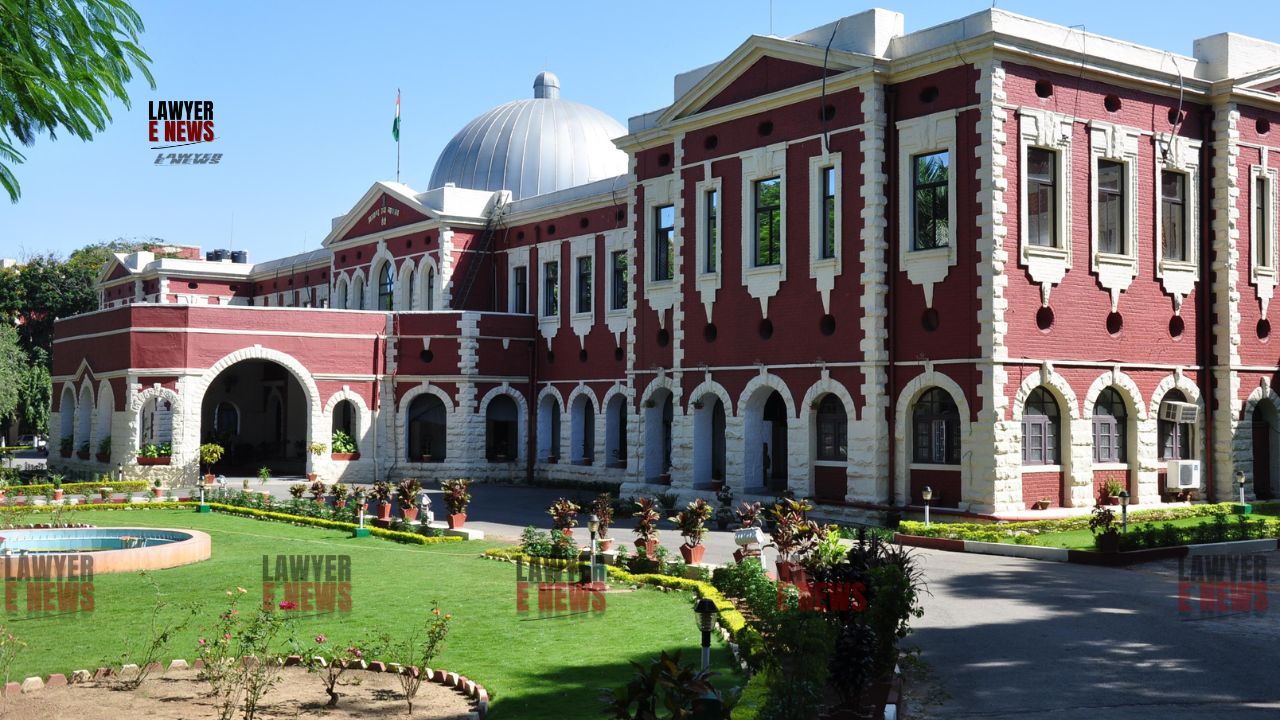-
by Admin
15 February 2026 2:16 AM



Jharkhand High Court overturned a lower court’s decision, granting anticipatory bail to Dhaneshwar Rana in a child kidnapping case. The case, involving a family dispute over the custody of three children left behind after their parents' suicide, centered around allegations of illegal adoption. The court ruled that the elements necessary to prove kidnapping or human trafficking under the Indian Penal Code (IPC) were not present, as the complainant himself had participated in a Panchayat meeting where one of the children was formally adopted by Rana.
"No Evidence of Kidnapping or Trafficking," Says High Court
The court found that the complainant, Mahabir Rana, had agreed to the adoption of his grandson in a Panchayat meeting and had signed documents to that effect. Chief Justice M.S. Ramachandra Rao emphasized:
"The essential ingredients of the offenses under Sections 368, 369, and 370 of the IPC are not present, as the complainant consented to the adoption."
In 2017, Rajiv Pratap and his wife, Rinki Kumari, committed suicide, leaving behind three young children. The complainant, Mahabir Rana, alleged that after the parents' death, Dhaneshwar Rana forcibly abducted the children. According to the complainant, Dhaneshwar took the children away, refused to return them, and demanded a ransom of ₹10,00,000. Mahabir also claimed that no action was taken by the police when he filed an initial report, prompting him to file a criminal complaint in 2019.
Dhaneshwar, however, argued that the children were handed over to him for adoption during a Panchayat meeting in the presence of multiple witnesses, including the complainant. He further stated that the adoption was agreed upon because the complainant, being elderly, could not take care of the children. Two of the children were adopted by other families, while Dhaneshwar adopted the youngest, Sahil Pratap.
The court scrutinized the facts of the case, including the two-year delay in filing the complaint, which raised doubts about the complainant’s motives. It also noted that the complainant had participated in the Panchayat meeting where the adoption took place and had signed the adoption papers. The court found no evidence to support the accusations of kidnapping or human trafficking.
The Sessions Court had earlier rejected Dhaneshwar's bail request, citing the lack of legal formalities in the adoption process. However, the High Court held that while the adoption did not follow legal procedures, this alone did not make the act criminal.
The High Court quashed the Sessions Court’s order, granting anticipatory bail to Dhaneshwar Rana. The court directed him to surrender within four weeks and set his bail bond at ₹10,000, with two sureties.
This case underscores the importance of distinguishing between informal family arrangements and criminal offenses. The court emphasized that a failure to follow formal legal adoption procedures does not automatically imply criminal intent. The ruling brings attention to the complexities surrounding family disputes and adoption practices in rural India.
Date of Decision: October 3, 2024
Dhaneshwar Rana v. State of Jharkhand & Mahabir Rana
